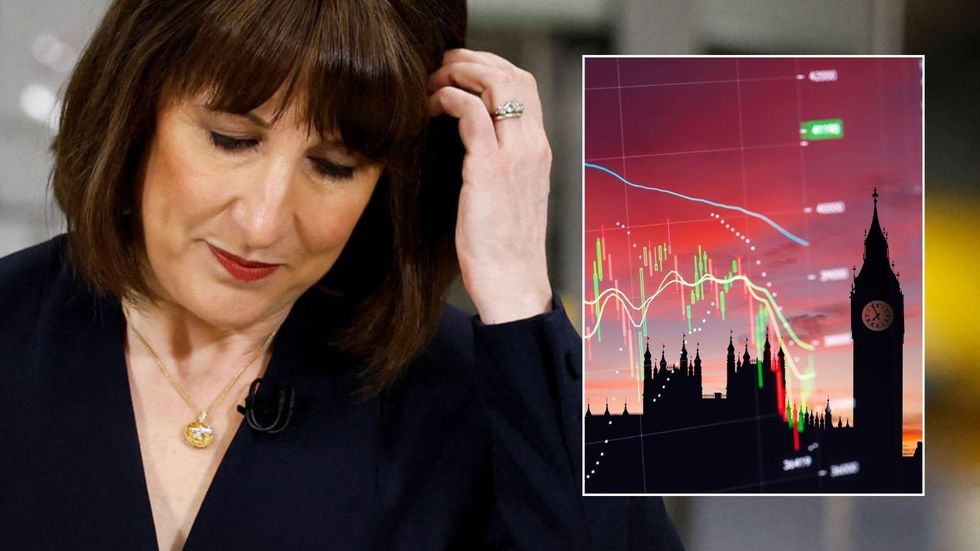The International Monetary Fund (IMF) is calling on baby boomers to get back to work and postpone accessing their pension savings, declaring that “70s are the new 50s”.
As part of its latest analysis, the organsiation is claiming that older people across the globe today are significantly sharper and stronger than 25 years ago, suggesting Governments should raise retirement ages and slash benefits for pensioners.
Research across 41 countries found that a 70-year-old in 2022 had the same cognitive function as the average 53-year-old in 2000. The findings came from detailed surveys of one million people aged 50 and older, testing memory, orientation and basic maths skills.
Physical health has also significantly improved, with tests of grip strength and lung function revealing remarkable progress. Today’s 70-year-olds boast the same fitness levels as 56-year-olds from 25 years ago.

Baby boomers are being told to return to work by the IMF
GETTY
The IMF expects this rapid improvement to continue in coming decades, albeit at a slightly slower pace. These leaps in healthy life spans represent a dramatic shift in what it means to be elderly in the 2020s.
However, the IMF warned that Governments cannot afford to let growing numbers of fit and sharp older people enjoy long retirements. Instead, baby boomers are being urged to work later in life to address economic challenges.
However, the Fund cautioned that “demographic forces seem to be casting long shadows over prospects for living standards and public finances”.
This recommendation comes as countries face mounting fiscal pressures from ageing populations. The combination of plunging birth rates and increasing longevity will reduce global economic growth by 1.1 percentage points annually for the next quarter century.
Do you have a money story you’d like to share? Get in touch by emailing [email protected].
 Britons’ pension pots have not gone far enough during the cost of living crisis GETTY
Britons’ pension pots have not gone far enough during the cost of living crisis GETTY As populations age and fewer children are born, countries face unprecedented challenges in maintaining growth and public services. To ease these fiscal pressures, the IMF argues Governments must overhaul pension ages and slash early retirement benefits.
The Fund also recommends encouraging workers to delay their retirement. “With lower growth prospects and historically high levels of public debt, many countries will need significant fiscal efforts to keep debt-to-GDP ratios stable beyond 2030,” the IMF said.
These policy changes are seen as essential to maintain economic stability as populations continue to age. Britain faces these challenges acutely, with a £2.8 trillion debt pile that nearly eclipses the size of the economy.
The fertility rate in England and Wales fell to its lowest level since records began in 1938. In 2023, it reached just 1.44 children per woman.
This combination of high debt and record-low birth rates makes the IMF’s recommendations particularly relevant for the UK’s economic future.
The IMF predicts the global population will stop growing by 2080-2100, though this could happen sooner if birth rates continue to decline.
LATEST DEVELOPMENTS:

Rachel Reeves has introduced controversial reforms to pension benefits to bolster the UK economy
GETTY
China faces particularly steep growth challenges due to its historically low birth rate.
The Fund projects China will experience a more dramatic economic slowdown over the next quarter century compared to other nations.
Despite improvements in health spans, the IMF noted persistent gaps between rich and poor populations.
The researchers encouraged countries to look to Singapore for inspiration on minimising such disparities.









